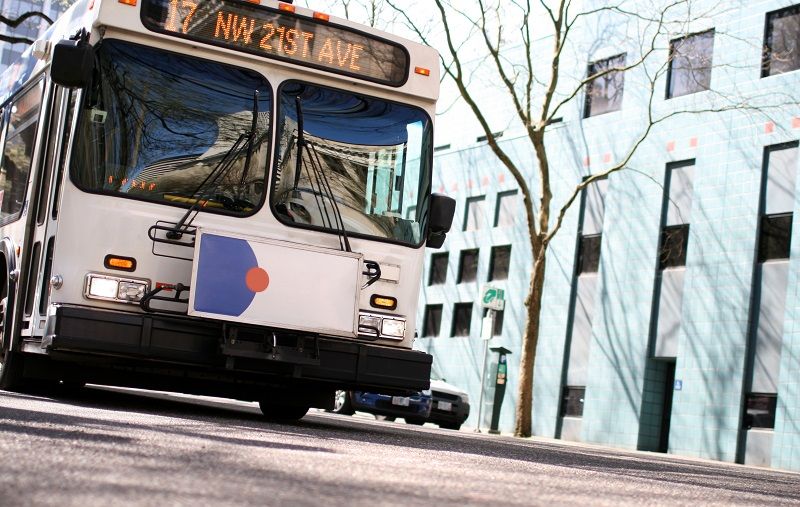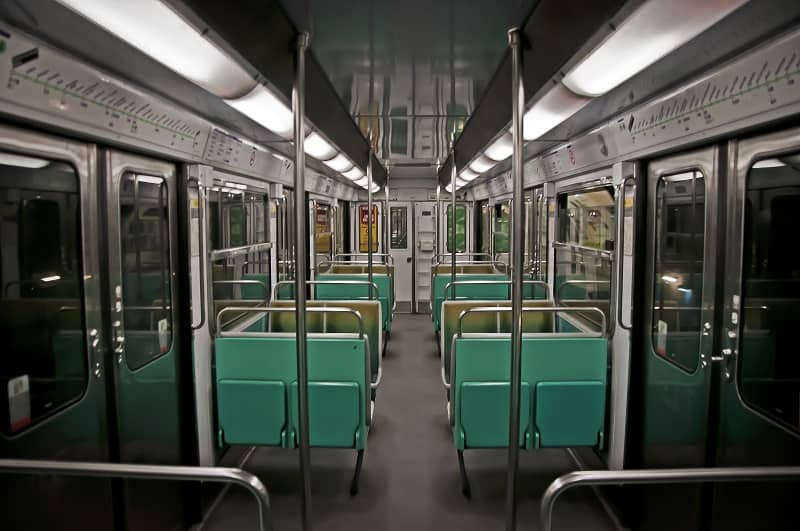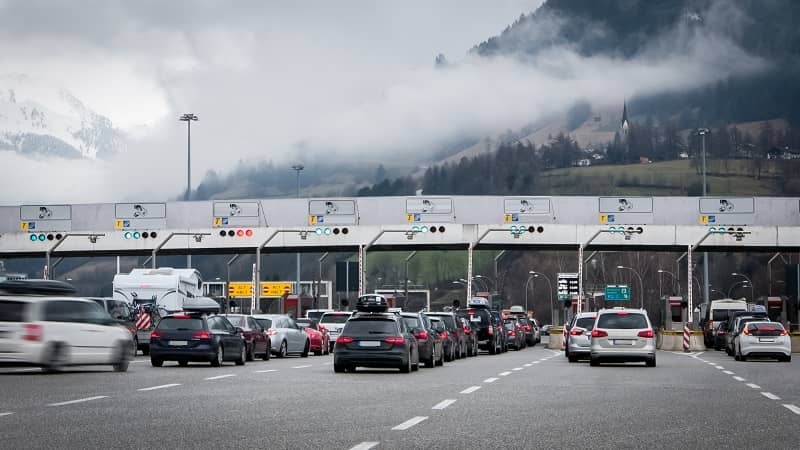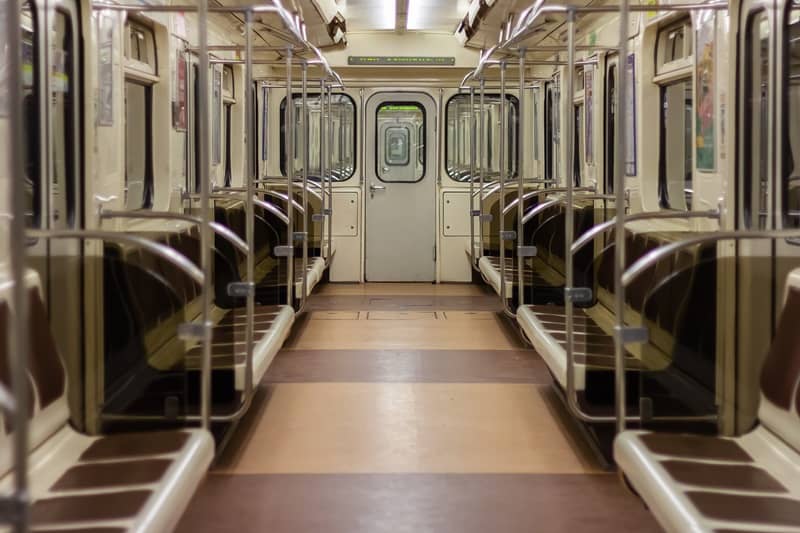September 12 will be the 15th anniversary of the opening of Westside MAX. Unlike most transit projects, Westside light rail was deliberately routed through vacant land with the expectation that it would be a catalyst for “Transit-Oriented Development” (TOD). Planners stated, “The success or failure will be determined in large part by what happens around its 20 stations.”
Fifteen years later, the record is disappointing. There have been thousands of housing units built near light rail, but very little retail or office space. In at least two cases, ground-floor retail near light rail was such a flop that it was later ripped out and converted to residential. Most projects have been under-built for parking, causing problems for both residents and neighbors.
Most importantly, light rail did not magically change travel behavior in Washington County. Extensive field monitoring by Cascade shows that for a quarter-mile or half-mile radius around MAX stations, more than 85% of all trips to and from the area during the morning peak period take place in a motor vehicle. Light rail use rarely exceeds 8% of all trips, and the ratio drops even more on weekends.
The “Field of Dreams” strategy was fun for a movie, but it hasn’t worked for transit planning. TriMet should learn from this experience and pull the plug on any more light rail projects.
John A. Charles, Jr. is President and CEO of Cascade Policy Institute, Oregon’s free market public policy research organization.











